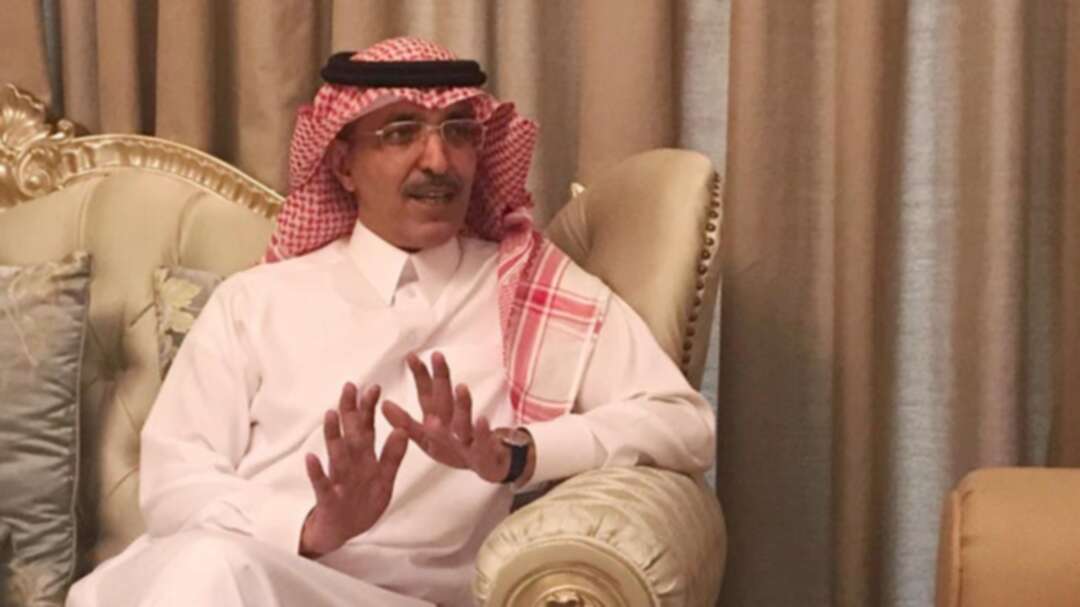-
Lower oil revenue main factor in Saudi Arabia’s budget revenue cut

Saudi Arabia is set to record an 84 billion riyals ($22.4 billion) decrease in revenue in 2020 compared to 2019, according to budgetary details released by the Minister of Finance Mohammed al-Jadaan on Thursday.
Next year’s budget is expected to generate up to 833 billion riyals ($222 billion) in revenue for the Kingdom compared to SAR 917 billion projected in 2019.
Analysts have pointed to a variety of factors for this fall, most significantly a reduction in oil revenues. In a recent report, Jadwa Investment noted that, “The main factor in the adjustment in overall revenue is primarily due to oil revenue.”
Oil revenue has gone down for two primary reasons. The reduction in oil revenue is due to two primary causes.
Firstly, oil prices have been on a downward trend since early 2019. Oil is currently trading at around $60 per barrel – a significant drop-off in comparison to the $81 per barrel highs during the same period in 2018.
This downward trend had a significant hit on government revenue in 2019. According to a recent report by Al Rajhi Capital, 2019 revenue targets required around $65 per barrel in the second half of 2019 – not the current lower price.
“With YTD oil price at $56 per barrel, total revenue is now likely to come lower by 6 percent than initially estimated … Assuming 10 percent year-on-year increase in non-oil revenue for 2019, oil revenue for 2019 is likely to be around SAR 593 billion - which is around 65 percent of total revenues expected,” the firm said.
Secondly, energy-giant Saudi Aramco, which formally begun its initial public offering (IPO) process on Sunday, has announced a reduction in royalty structure from 2020 onwards. This move will likely lead to a decrease in revenue from the company.
In the new plan, royalties on crude oil and condensate production on Brent prices of up to $70 per barrel will reduce from 20 percent to 15 percent. Meanwhile, the royalty rate will increase to 45 percent from 40 percent on prices between $70 and $100 per barrel, and increase from 50 percent to 80 percent on prices above $100 per barrel.
Under these figures, and with oil prices anchored in the lower bracket of $70 per barrel and below, revenue from Aramco will likely decrease.
“The combination of changes in the tax structure related to Aramco, and a more subdued outlook on oil markets will mean that government’s oil tax revenue component will likely remain contained if oil prices fail to rise above current levels,” Jadwa added.
Expenditure throughout 2019 is also likely to come in lower than initial estimates suggested, Al Rajhi added. The firm noted that it believes that this reduction is mainly due to lowering capital expenditure, which is the result of spending being sent through the country’s sovereign wealth fund, the Public Investment Fund (PIF), as well as government efficiency improvements and a buoyant private sector.
Several recent reports have pointed to the growth that the Saudi Arabian non-oil economy has experienced throughout 2019. In Q2 2019, Saudi Arabia’s non-oil GDP grew by 2.9 percent year-on-year, the highest level since 2015.
An expansion of privatization and the private sector as a whole has the additional benefit of relieving public sector wage expenditure, which is a long term positive, Al Rajhi added.
Real GDP growth is expected to slow to 1.9 percent with real oil growth slowing to 0.7 percent as oil production cut policies are implemented, according to the IMF.
You May Also Like
Popular Posts
Caricature
BENEFIT Sponsors BuildHer...
- April 23, 2025
BENEFIT, the Kingdom’s innovator and leading company in Fintech and electronic financial transactions service, has sponsored the BuildHer CityHack 2025 Hackathon, a two-day event spearheaded by the College of Engineering and Technology at the Royal University for Women (RUW).
Aimed at secondary school students, the event brought together a distinguished group of academic professionals and technology experts to mentor and inspire young participants.
More than 100 high school students from across the Kingdom of Bahrain took part in the hackathon, which featured an intensive programme of training workshops and hands-on sessions. These activities were tailored to enhance participants’ critical thinking, collaborative problem-solving, and team-building capabilities, while also encouraging the development of practical and sustainable solutions to contemporary challenges using modern technological tools.
BENEFIT’s Chief Executive Mr. Abdulwahed AlJanahi, commented: “Our support for this educational hackathon reflects our long-term strategic vision to nurture the talents of emerging national youth and empower the next generation of accomplished female leaders in technology. By fostering creativity and innovation, we aim to contribute meaningfully to Bahrain’s comprehensive development goals and align with the aspirations outlined in the Kingdom’s Vision 2030—an ambition in which BENEFIT plays a central role.”
Professor Riyadh Yousif Hamzah, President of the Royal University for Women, commented: “This initiative reflects our commitment to advancing women in STEM fields. We're cultivating a generation of creative, solution-driven female leaders who will drive national development. Our partnership with BENEFIT exemplifies the powerful synergy between academia and private sector in supporting educational innovation.”
Hanan Abdulla Hasan, Senior Manager, PR & Communication at BENEFIT, said: “We are honoured to collaborate with RUW in supporting this remarkable technology-focused event. It highlights our commitment to social responsibility, and our ongoing efforts to enhance the digital and innovation capabilities of young Bahraini women and foster their ability to harness technological tools in the service of a smarter, more sustainable future.”
For his part, Dr. Humam ElAgha, Acting Dean of the College of Engineering and Technology at the University, said: “BuildHer CityHack 2025 embodies our hands-on approach to education. By tackling real-world problems through creative thinking and sustainable solutions, we're preparing women to thrive in the knowledge economy – a cornerstone of the University's vision.”
opinion
Report
ads
Newsletter
Subscribe to our mailing list to get the new updates!






















